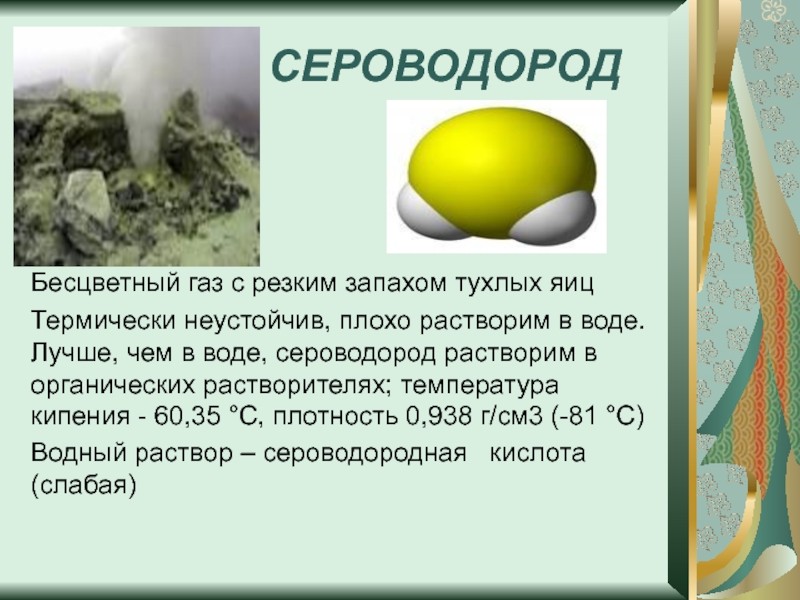
3 Reasons Why Your Car Smells Like Rotten Eggs
Content
A sulfuric or rotten egg smell indicates excess by-products left over from a failed combustion. To eliminate the smell, a replacement part is required.
No one likes the long-term presence of an unpleasant or particularly strong odor. While driving, a strong smell of sulfur or "rotten eggs" is often a sign of a serious problem.
The smell comes from a small amount of hydrogen sulfide or sulfur in the fuel. Hydrogen sulfide is usually converted to odorless sulfur dioxide. However, when something breaks in a vehicle's fuel or exhaust system, it can interfere with this process and create odor.
Odor-causing by-products and deposits are left over from the incomplete combustion of burned gasoline and can be associated with numerous system failures. If the smell appears briefly after running the engine at high speeds, there is no serious problem. However, the persistent smell of sulfur needs to be studied. Listed below are 3 reasons why your car smells of sulphur.
1. Broken catalytic converter
The most likely culprit for rotten egg smell is the catalytic converter, which is part of the car's exhaust system. When the gasoline reaches the catalytic converter, the converter converts trace amounts of hydrogen sulfide to odorless sulfur dioxide. It is designed to reduce harmful emissions by "turning" exhaust gases such as hydrogen sulfide into harmless gases. A broken or stuck catalytic converter cannot handle sulfur dioxide properly, causing your car to smell like rotten eggs.
If your catalytic converter is causing the smell, you need a new catalytic converter. If your converter has been checked and shows no signs of physical damage, it means that another vehicle component has caused it to fail and needs to be repaired.
2. Faulty fuel pressure sensor or worn fuel filter.
The fuel pressure sensor regulates the fuel consumption of the vehicle. If the fuel pressure regulator fails, it causes the catalytic converter to become clogged with too much oil. Too much oil prevents the converter from processing all of the exhaust by-products, which then exit the car through the tailpipe and cause a rotten egg smell. Excessive by-products can also build up in the catalytic converter and cause it to overheat, which also contributes to odor.
In this case, the problem with the fuel pressure regulator can be fixed by replacing the regulator or fuel filter. A worn out fuel filter causes the same problems as a bad fuel pressure sensor - burnt sulfur deposits flowing into the catalytic converter.
3. Old transmission fluid
If you skip too many transmission flushes, the fluid can begin to seep into other systems and cause a rotten egg smell. This usually only happens in manual transmission vehicles, changing the transmission fluid as recommended by your vehicle manufacturer can often resolve the issue. Leaks that appear will also need to be fixed.
Removing the smell of rotten eggs
The best way to get rid of the rotten egg smell in your car is to replace the defective part causing the smell. It could be a catalytic converter, a fuel pressure regulator, a fuel filter, or even old transmission fluid. After replacing the corresponding part, the smell should disappear.
It is important to pay attention to any extraneous or unpleasant odors surrounding your vehicle. In addition to the smell of sulfur, smoke or burning odors can indicate serious problems such as engine overheating, fluid leakage, or worn brake pads. Always seek the advice of an experienced mechanic when it comes to diagnosing and repairing vehicle components.